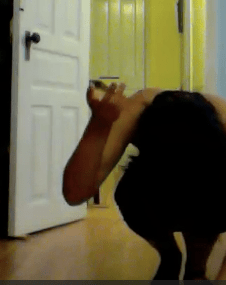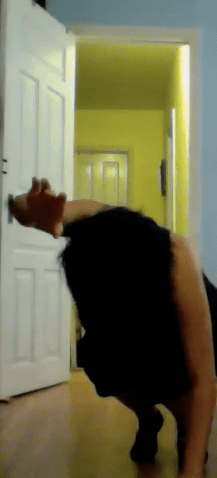Though the sun was relatively quiet this month, June began full of immense, storming, flood-of-light surprises for me. I was contacted by Jennifer Tamayo of Futurepoem and told that my manuscript, SOLAR MAXIMUM, was selected for publication! My book will be printed along with David Buuck’s new work, Site Cite City, as part of their next lineup in 2014. I cannot believe I get to join Rachel Levitsky, Marcella Durand, Shanxing Wang, Jill Magi, Camille Roy, Ronaldo Wilson, my former classmate Noah Eli Gordon, and SO MANY OTHER AMAZING AUTHORS, as part of the Futurepoem universe.
I’m especially thrilled that this manuscript, which tries to imagine the end of time, a speculative future, is with FUTUREpoem. It’s incredible.
A few days later, I also received the news that I had won a Pew Fellowship in the Arts. Up to twelve artists are selected each year for this award, and I have the especial honor of winning along with three other amazing Philadelphia authors–Frank Sherlock, Jenn McCreary, and Emily Abendroth. HOLY COW. Previous winners include CA Conrad, Kevin Varrone, Pattie McCarthy, Linh Dinh, Rachel Blau DuPlessis, Jena Osman, Ron Silliman… The immense outpouring of cheers, friendship, and general Philadelphia poetry pride, has been amazing. I’d always felt that the poetry community was like a different type of family. I’m part of this huge tribe. I’m so happy to be a member.
I was thinking about dragons and snakes, dragons and snakes. I wrote about them a bit earlier. These things are coming true, I think.
This spring, I was mournful. Many things felt like they were closing inside of me. I was learning to give up on older dreams, feeling them dissipate into the air like a breath. I used to want to bear children and start a family. The reality is, I don’t think this will be the case. Certainly not as I had once envisioned it for myself. However, such desires and others still inhabit my body. I move to exorcise them. I want to be new.
I blew my life up a year ago. Everything went into the sky. I learned to inhabit its limit, without threat, by taking shelter inside my bones. I was small but not alone. Now I feel everything is plummeting into the ground, like meteoric projections. Where will these things land? How far will they take me? What is the magnitude by which I dare expand?
Debrah Morkun offered me my horoscope according to an alternative calendar. She told me I was a Blue Magnetic Storm.
This was the sun on my birthday.

oh to see, seethe or set aright —
(I had a name. It once blossomed on a pond
and the old darkness — what of it
does it know how I tilt inside
in that spawning quiet storm






